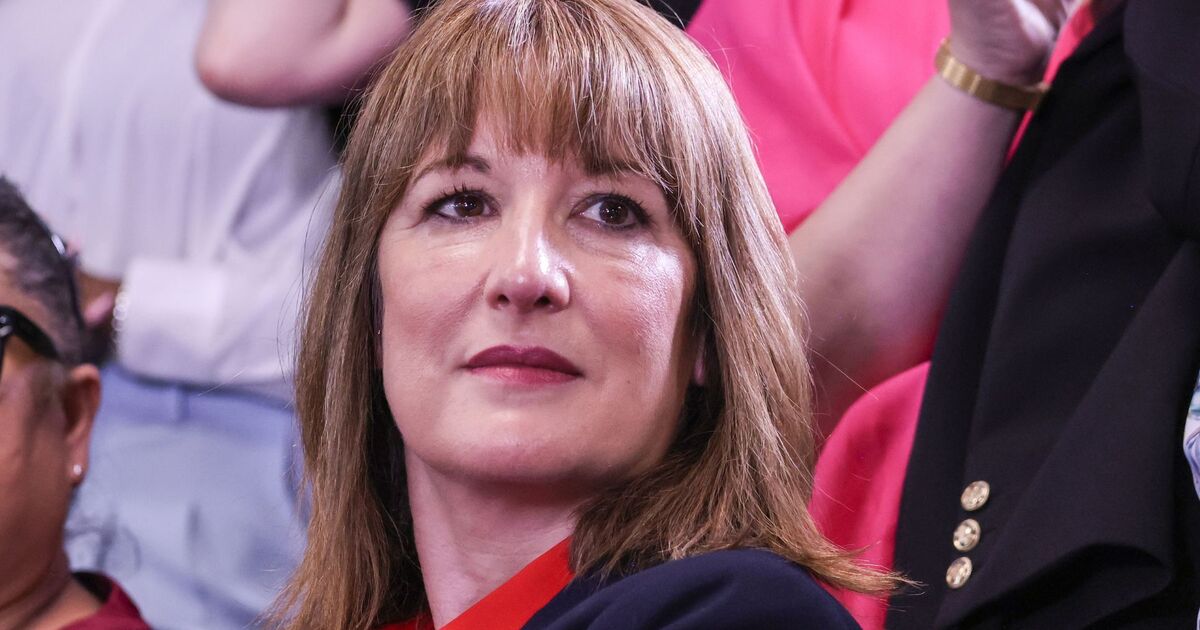

Rachel Reeves has taken the wheel of the British economy — and driven it straight into a ditch. Chancellor of the Exchequer, Rachel Reeves has proved one thing beyond doubt: she is dangerously out of her depth. The economy is faltering, business confidence is gone, and her default setting remains the same — tax, borrow, spend, and hope for the best.
May’s GDP figures show the economy shrank by 0.1%, following a 0.3% contraction in April. That’s two months in the red, and one more means recession. This isn’t a surprise — it’s the inevitable result of Reeves’ economically illiterate approach to government. Her promises of stability and growth have turned into stagnation and fear.
The Labour Party has always had a reputation for poor economic management, and Reeves has done nothing to challenge that. The public finances she inherited weren’t in great shape, but instead of correcting course, she’s made things worse.
Welfare U-turns, costly pledges, and reckless ideological commitments have blown a £30 billion hole in the nation’s finances. And guess who’s going to pay? You are.
Rather than taking a hard look at public spending, Reeves is preparing her usual answer: more tax. One likely move is to extend the freeze on tax thresholds. This stealth tax drags millions more into higher tax brackets simply because wages have risen with inflation — not because people are actually earning more in real terms.
By 2029, millions more will be paying basic and higher-rate tax. It’s a dishonest way to raise money, and it hits working families hardest.
But Reeves’ tax raids won’t stop there. Labour MPs are already circling, demanding wealth taxes, despite warnings that the tax burden is already dangerously high and increasingly concentrated on a narrow base.
Raising taxes further will crush business confidence and stall investment just when the country needs growth the most. Businesses across the UK are scaling back plans, holding off on hiring, and waiting for clarity.
Reeves is offering none. Instead of slashing regulation or fixing the bloated and unaccountable Financial Conduct Authority, she’s focused on press releases and platitudes. Her Mansion House speech is expected to “reassure” the markets—but the time for reassurance has long passed.
Investors want action, and all they’re seeing is paralysis. Even Reeves’ supporters are starting to worry. She talks about making Britain the “top destination for financial services” while burdening companies with higher costs, rising wages, and endless red tape. It’s a contradiction she seems unable — or unwilling — to resolve.
And when it comes to public spending, Reeves won’t touch a thing. Defence, policing, and education must be protected — but that still leaves vast swathes of government fat untouched. There’s no serious attempt to cut waste, reform services, or drive efficiency.
Instead, taxpayers are expected to pick up the bill, again and again. Reeves claims her mission is to put “more money in people’s pockets.”
Yet everything she’s doing is achieving the opposite. Her policies are driving up the cost of employing people, discouraging enterprise, and dragging the economy into the mud.
Growth has stalled, confidence is draining, and the Treasury is quietly preparing another round of fiscal punishment. This is economic vandalism. Reeves has no serious plan.
Her first year as Chancellor has brought rising unemployment, falling growth, and the highest tax burden in modern history. And now, with recession knocking at the door, her only solution is to knock harder.
Britain doesn’t need more taxes — it needs people in charge that understand business. It needs lower tax rates, less bureaucracy, and a government willing to get out of the way. Reeves had the chance to change course. Instead, she doubled down on failure.
And make no mistake: if she stays this course, the damage will last for years.